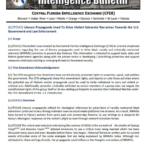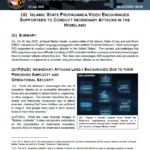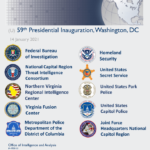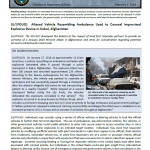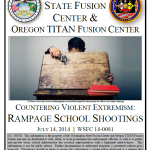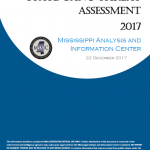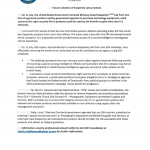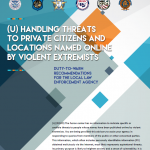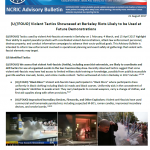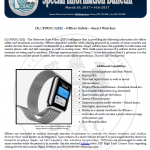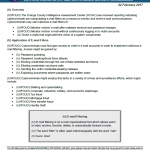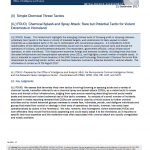
We assess that terrorists likely view tactics involving throwing or spraying acids and a variety of chemical liquids, hereafter referred to as a chemical spray and splash attack (CSSA), as a viable tactic to cause injury and disrupt critical infrastructure, judging from open source reporting describing terrorist social media posts and terrorist and violent extremist use of this tactic overseas. An analysis of a small number of incidents described in media reporting revealed that CSSAs are commonly used by criminal actors to further criminal activities and by violent extremist groups overseas to create fear, intimidate, punish, and disfigure individuals and groups that resist their control or ideology in their area of operations; the tactic, however, has rarely been operationalized by actors in the Homeland. We note, however, that homegrown violent extremists (HVEs) and lone offenders likely would find this tactic appealing and could easily adapt it to the Homeland, as it requires no specific technical expertise and the materials most often associated with criminal attack are usually unregulated and widely available.
Read more →
